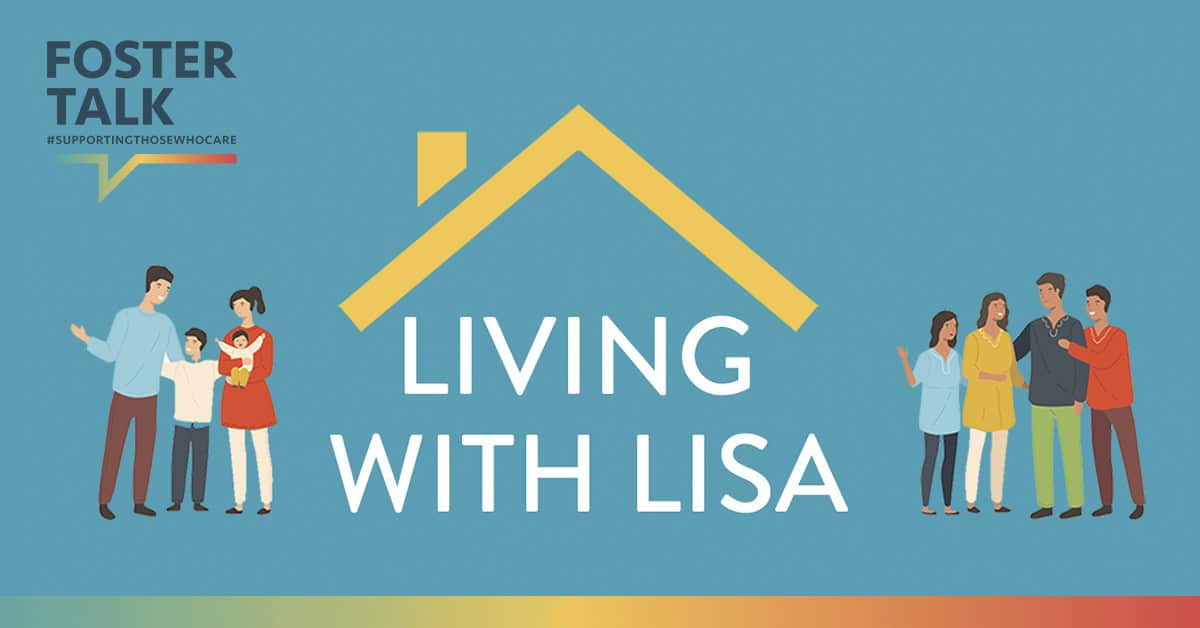FOOD AND DRINK
In her brand new blog, Lisa covers the varying issues raised with food and drink when supporting a cared-for child within your household.
When I got married some 25 years ago and then had my 3 birth children, I didn’t consider that I would have to think what to cook for dinner, every day for the rest of my life. Then over the last 10 years, I added extra mouths to feed by fostering and generally feed 8 most evenings.
One thing that drives me crazy is when you ask, “what they fancy to eat” and they answer “Anything” then you cook “Anything”, and they don’t like it.
So, like most areas in my life, I try to develop some structure and routine to keep me sane!!
We use WhatsApp all the time in our household as a regular group communication tool, having one for parking so no-one gets blocked in and tempers fly and “who’s eating tonight” I send out a message in the morning about what I plan to cook on that evening and they either respond or they starve.

Throughout my journey as a foster carer, I have witnessed many bizarre eating habits and trends.
Most children that arrive with us have limited diets and eat very little fruit and veg-this can be difficult to change as the habit has been formed, so I tend to find exciting ways to explore more tastes like making smoothies or crudities and dips.
Hoarding is a regular habit (always worrying about being hungry) this I find generally stops after a period once they realize that food is plentiful. I find one solution that helps with this is to allow a box of snacks in their room initially which we choose together at least then you can monitor what snacks they have, and they soon find out that crushed crisps and moldy muffins under their pillow is not particularly appetizing.
Gorging, I also witness a lot of especially in boys, I swear one of my lads snorts his food, it appears not to touch the sides, because he eats so quickly, he will then fidget to leave the table. To overcome this, we try to slow him down by making conversation and allowing him to have seconds to let his food go down.
Contact snacks and drinks- This is a “bugbear” of mine especially if contact is after school and the kids are hungry but given lots of sweets and high-energy drinks by the birth family. A subtle request sometimes helps as often they made need a little guidance as to what to bring, if all else fails then get ready to peel them off the ceiling on their return home.
Bedwetting– I include this subject as one of my young people was permanently excluded from school so spent most days out on his bike and didn’t consume fluids until he came home later, then drank gallons as was so dehydrated. This would often lead to bedwetting or if he did wake in the night then he would use a bottle. This habit was pretty easy to rectify when I observed his pattern of drinking and started to ensure that he had plenty to drink on him while out and about. This saved him the embarrassment of bedwetting and stopped me from finding little surprises.


Lisa has worked at FosterTalk for over 4 years and is currently in our Memberships team.
There’s not much Lisa doesn’t know about fostering and running a very busy household.
She’s been married for 25 years, has been fostering for 9 years.
With 3 birth children, an 18-year-old and 22-year-old twins as well as 2 foster children on Staying Put agreements and 1 Supported Lodgings, we’d say she’s very experienced in living with young people, experiencing the daily issues they face and providing the support they need to progress through life.

